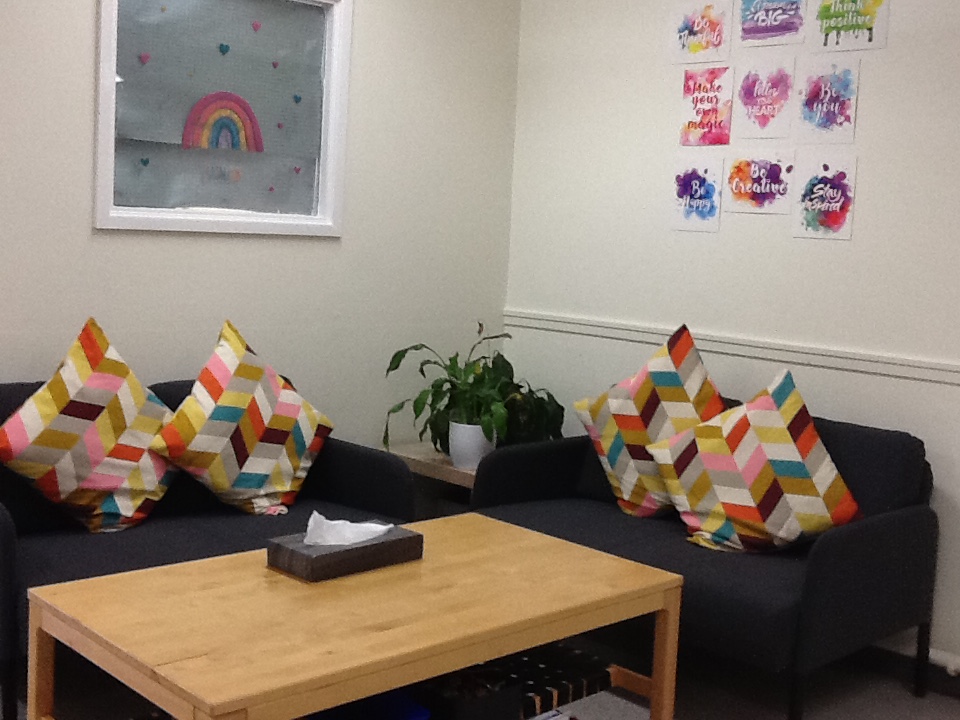Published: August 25, 2022
Written by: Helen Benstead
This blog post highlights and explores a piece of research enabled by the University’s participatory research fund, conducted by myself (Dr Helen Benstead), Vicki Jowett and Vicky Graham who work across the MA Education and MA SEND programmes in the School of Education.
The research focused on trialing a specific set of innovatively designed qualitative research methods in a local primary school, with the aim of better supporting the participation of children identified with SEND in the research we and our students conduct. The idea for this research was first sparked when I noticed that many of our students on the MA Education and MA SEND programmes were very interested in involving children with SEND as participants in their thesis research, but the ‘off the shelf’ and traditional research methods that were commonly used in Educational research weren’t fit for purpose; they didn’t allow us to elicit the perspectives of the children we wanted to hear from, primarily due to communication barriers. Data collection methods such as traditional interviews, questionnaires and surveys just didn’t work for children who struggled with verbal and/or written communication.
Most researchers in the field of special and inclusive education are now advocates of conducting research with children, rather than undertaking research about children, so we felt the need to design something that really allowed us to work with children through the entire process of research, right from design to analysis.
I have spent a couple of years researching ways in which we might be able to do this successfully, off the back of a co-authored book that is due for publication in November 2022 (Vincent, K. and Benstead, H. Researching Special Needs and Inclusive Education. London: SAGE). As part of my research for this book, I discovered the ‘multi-sensory’ approach to data collection, characterised by a shift in power between the researcher and child participant. The key to designing effective multi-sensory methods lies in allowing the participants to have autonomy over the data collection process, taking on a ‘co-constructor’ role, rather than the traditional researcher-in-power role that is typical of most educational research.
Methodology
To enable ‘co-construction’ of the research process, we designed a three-phased approach to data collection, working with six Year 6 children at a Junior School in Sunderland to elicit their perceptions of school:
Day 1: Child-led tours
Each child was asked separately to take a researcher on a tour of the school. They were given an ipad with a camera function and asked to take photographs of people and places that were important to them, either in a positive or negative way, through the tour. Children retained autonomy over the direction of the tour and the researcher acted a facilitator through the method.
Day 2: Creating ‘Special Stories’ with the children
Children were asked to create a ‘special story’ explaining their experiences/thoughts on school, using software that was kindly provided by Special IApps (Special iApps: Award-Winning Special Education Apps), using the photographs that they took on the child-led tours the previous day.
Day 3: Initial analysis activity: sharing ‘special stories’
Children were asked to work with a different researcher to share their special stories. This allowed us to sense-check our understandings with regard to children’s perceptions of school and ensured we were analysing/interpreting their data correctly.

Findings
The research was truly fascinating for us to conduct and analyse. It was interesting to discover that the special stories that the children produced were all very different; some had focused on sharing photographs and descriptions of adults only, indicating that adults/staff members were the central influencers of their experiences of school, and others had focused entirely on the buildings and surroundings, discussing the importance of colour and resources in their classrooms, for example. We uniformly felt that the set of data collection methods that we had designed allowed us to gain an authentic insight into children’s experiences and also allowed us to unlock deeper understandings about children’s learning preferences and social interactions/relationships than we were expecting. We were particularly surprised that all children were enabled to share their experiences with us through our methodological approach (albeit to varying levels of detail), since the SEND-needs that the children presented with were wide-ranging and differed significantly across the group.
Our analysis indicated that the most important factor in the success of our research design was the scaffolded nature of the data collection methods. Although the children had autonomy over the direction that each of the three approaches took, we found that it was vital to have each of our planned data collection methods building upon each other sequentially. It was this continual re-visiting of the discussion around children’s experiences of school, using scaffolding materials (the cameras and special stories) that supported children’s engagement and willingness to participate. We also needed to ensure that the prompts we were using to facilitate the data collection methods were coherent across the research team, otherwise the reliability and validity of the study would have suffered.
What’s next?
We are very keen to explore further possibilities to access authentic understandings of pupil voice and continue our research to involve more children with SEND in the studies that both we and our students undertake. We are hoping to secure additional funding to trial our approach with different ages and in different contexts, for example we see the value in our approach for enabling better access to student voice in SEND-review/multi-agency meetings.
